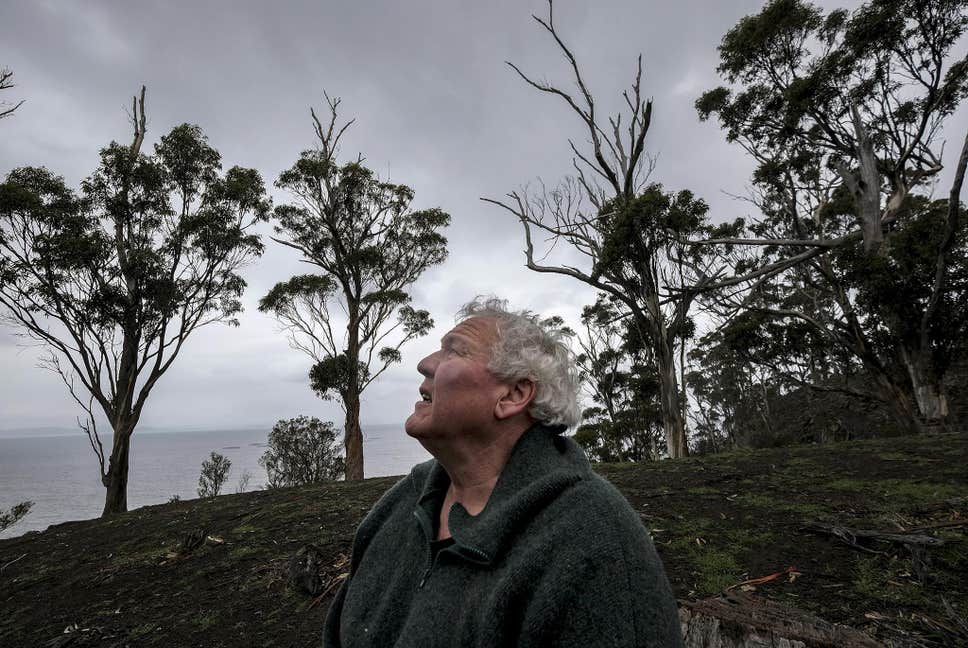
Over recent decades, the rate of ocean warming off Tasmania, Australia’s southernmost state and a gateway to the South Pole, has climbed to nearly four times the global average, oceanographers say. One of the first victims of this change is the ocean kelp.
More than 95 per cent of the giant kelp – which provides a vital habitat for some of the rarest marine creatures in the world – has died.
Giant kelp had stretched the length of Tasmania’s rocky east coast throughout recorded history. Now it clings to a tiny patch near Southport, the island’s southern tip, where the water is colder.
“This is a hot spot,” said Neil Holbrook, a professor who researches ocean warming at the Institute for Marine and Antarctic Studies at the University of Tasmania. “And it’s one of the big ones.”
Disastrous impacts from climate change aren’t a problem lurking in the distant future: they are here now
Climate scientists say it’s essential to hold global temperatures to 1.5C above pre-industrial times to avoid irreversible damage from warming. But the Tasman Sea is already well above that threshold.
The Washington Post’s examination of accelerated warming in the waters off Tasmania marks this year’s final instalment of a global series, which identified hot spots around the world. The investigation has shown that disastrous impacts from climate change aren’t a problem lurking in the distant future: they are here now.

Nearly a tenth of the planet has already warmed 2C since the late 19th century, and the abrupt rise in temperature related to human activity has transformed parts of the Earth in radical ways.
Australia is a poster child for climate change. Wildfires are currently raging on the outskirts of its most iconic city and drought is choking a significant portion of the country.
Nearly 100 fires are burning in New South Wales, nearly half of them out of control. Residents of the state, where Sydney sits, wear breathing masks to tolerate the heavy smoke, which has drifted more than 500 miles south to the outskirts of Melbourne.
Dillon and other descendants of Tasmania’s first people are losing a connection to the ocean that has defined their culture for millennia
This is happening even though average atmospheric temperatures in Australia have yet to increase by 2C.
The ocean is another story…
Leave a Reply
You must be logged in to post a comment.